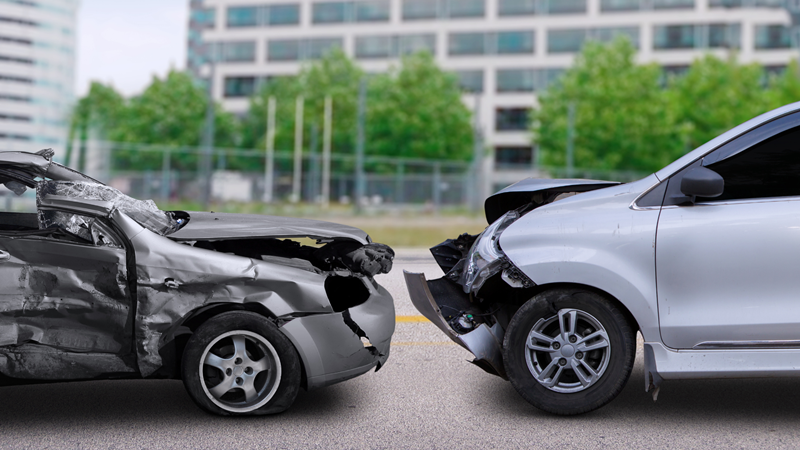A car wreck can be a life-altering event, particularly if it results in a traumatic brain injury (TBI). The consequences of a TBI can be challenging to navigate, both physically and emotionally.
TBIs can manifest in various ways, with symptoms ranging from mild to severe. These are sometimes permanent, so they can impact you for the rest of your life.
Symptoms of a TBI
Physical symptoms you may experience after a TBI include headaches, dizziness, blurred vision, loss of coordination, difficulty sleeping and sensitivity to light and sound. For many people, these are the first signs of a TBI.
Cognitive symptoms are possible after a TBI. These include memory loss, difficulty concentrating, confusion and slowed thought processes. The cognitive effects can impact your ability to work because they can make it difficult to perform your job duties as required.
Some victims experience emotional symptoms. Some of the more common ones include mood swings, irritability, anxiety, depression and changes in personality.
Coping strategies for dealing with a TBI
Living with a TBI after a car crash can be challenging, but there are strategies you can employ to help you cope with the changes in your life.
- Educate yourself: Understanding the nature of your injury can help you set realistic expectations for your recovery and communicate effectively with your medical team.
- Seek support: Surround yourself with a strong support network of family, friends and healthcare professionals. You might also consider joining a TBI support group.
- Focus on self-care: Make time for self-care activities that promote physical, emotional and mental well-being. This can include exercise, proper nutrition, sleep, relaxation techniques and engaging in hobbies that bring you joy.
Seeking compensation may help to relieve some stress since it can reduce the financial strain of the situation. State law limits how long you have to do this after the wreck so consider legal help to ensure you are within time.




